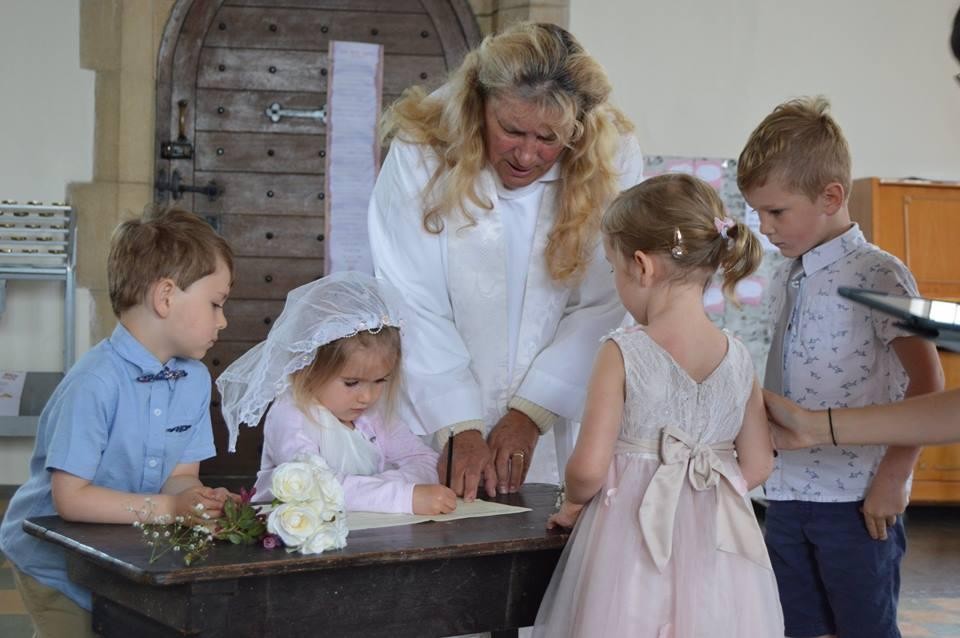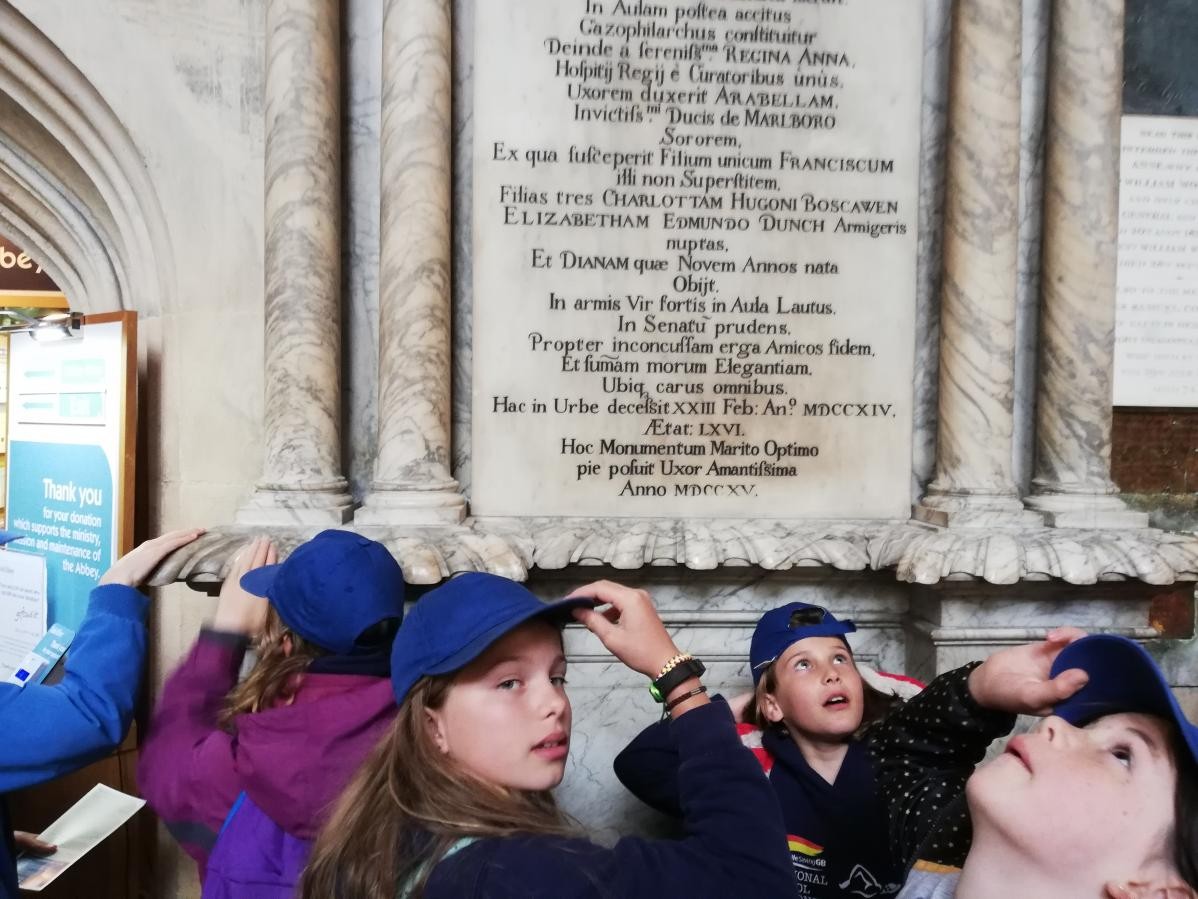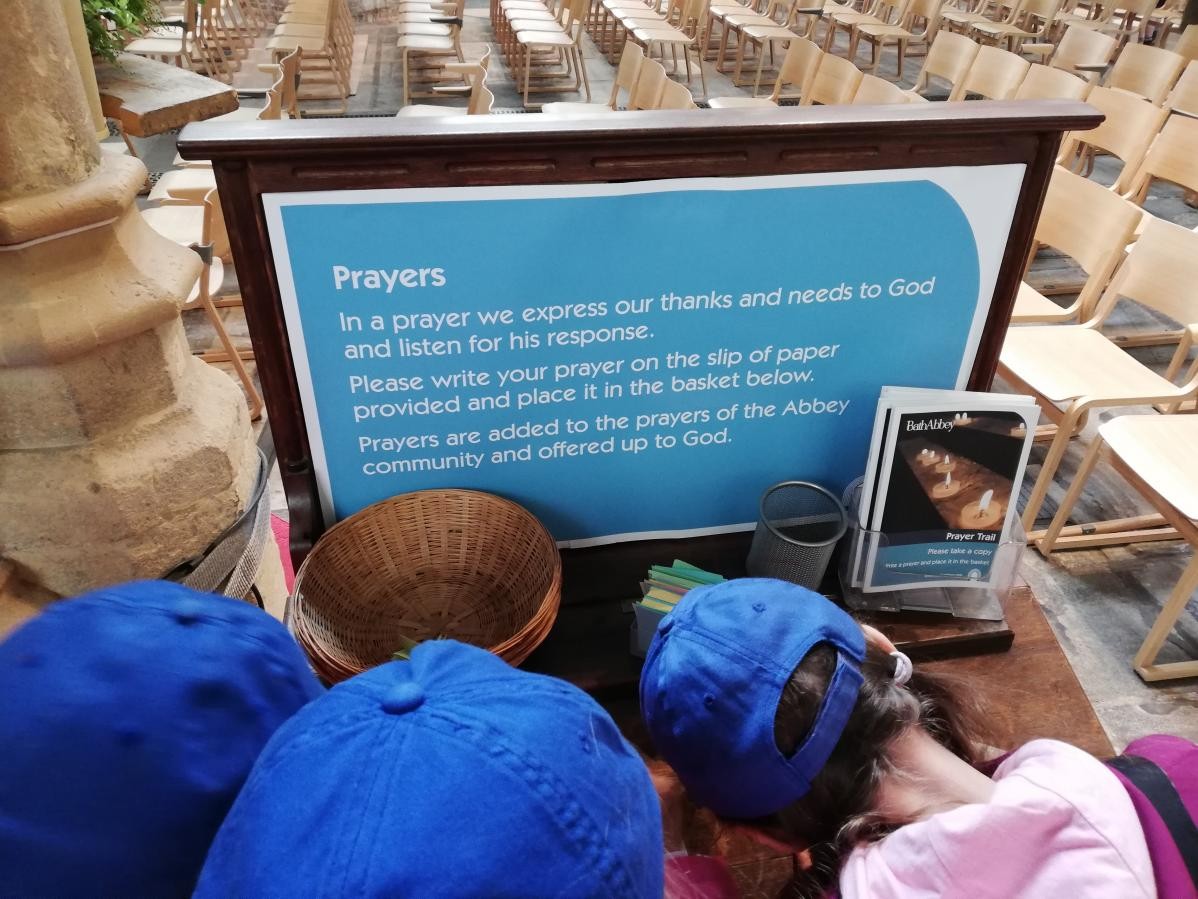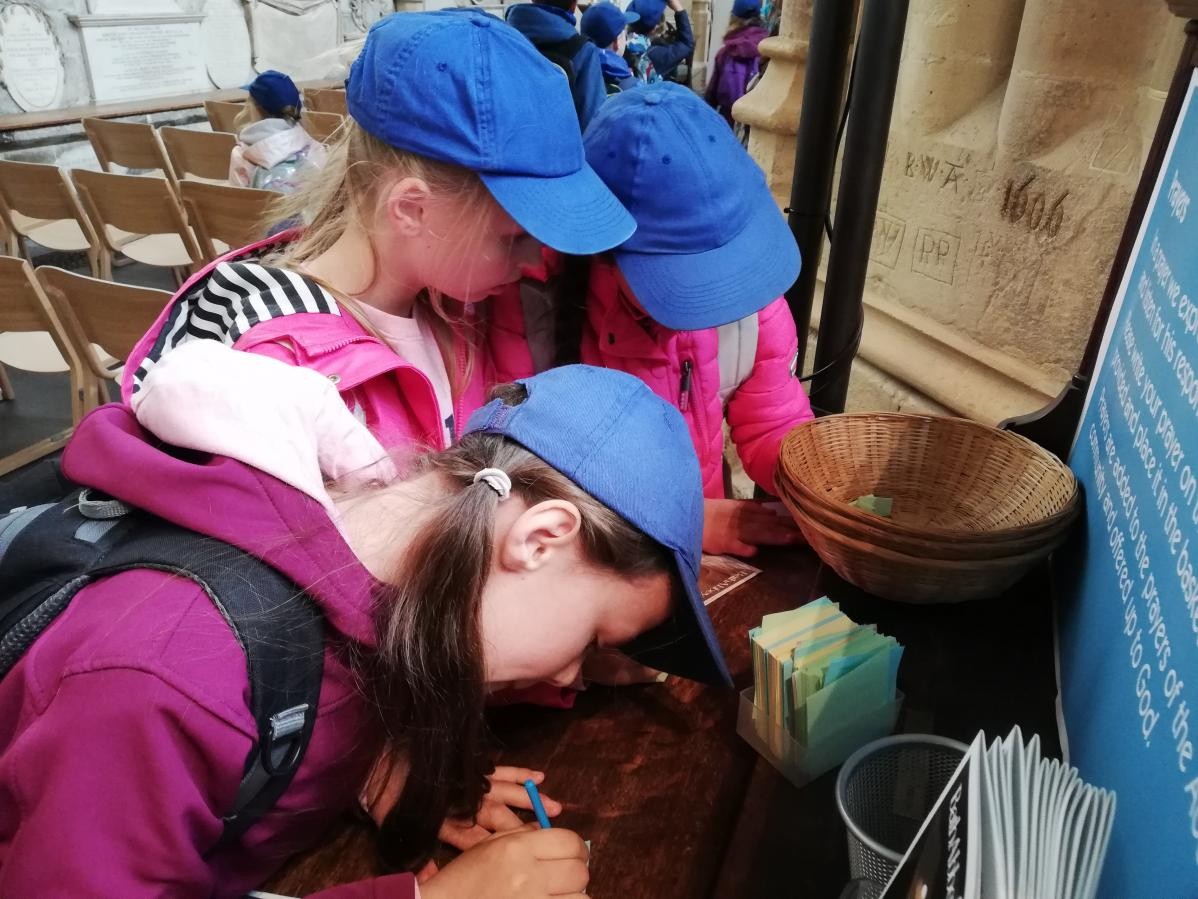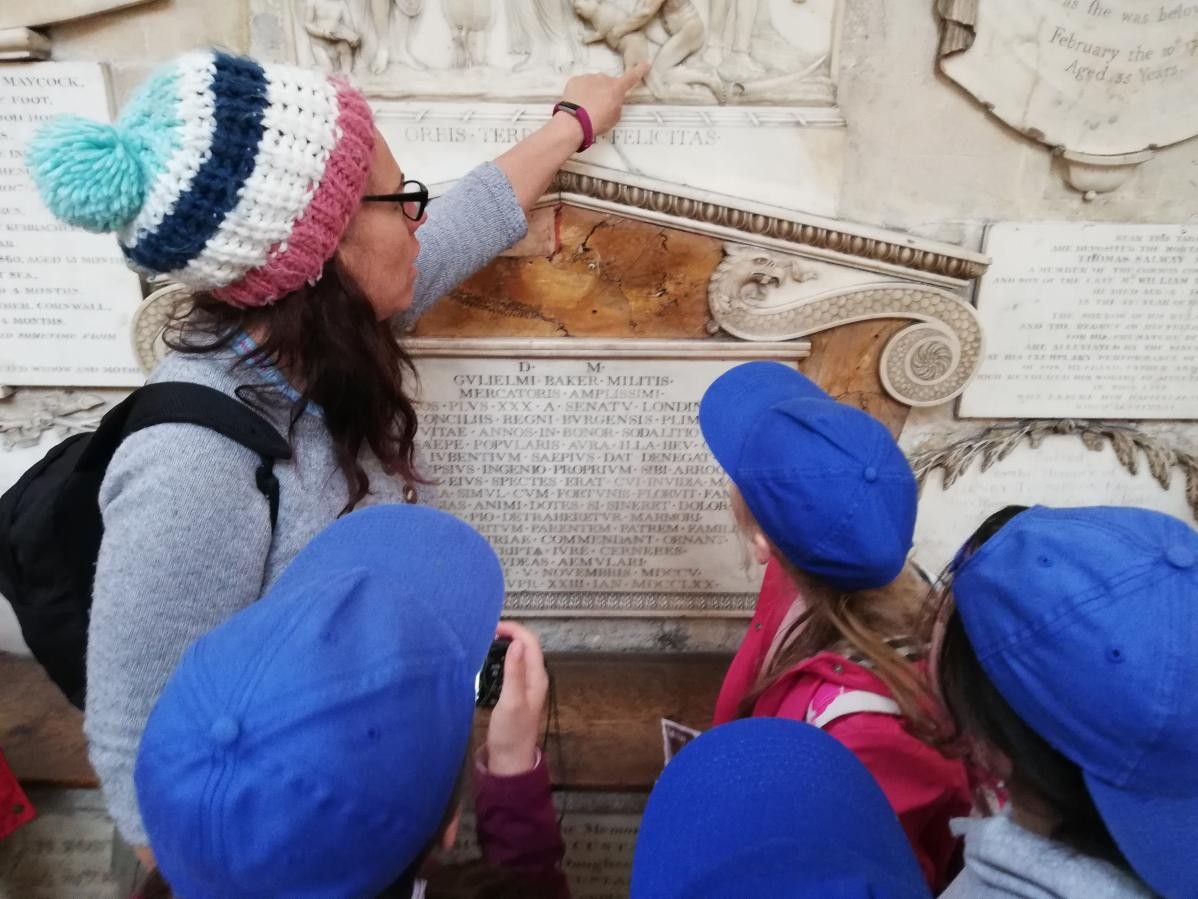Religious Education
Share this page
Statement of Intent:
It is our intent that Religious Education inspires, engages and challenges pupils. We aim to equip learners with the knowledge and skills to answer challenging questions and explore different religions, beliefs, traditions and practices. We want Religious Education to enable pupils to combat prejudice, live well with others and develop skills for lifelong learning.
We use the excellent Understanding Christianity resource as the basis for our RE teaching about Christianity. It uses scripture as a starting point for discussions about God, the Bible, Jesus and how Christians live. It encourages children to consider life from a Christian point of view, yet also allows for children with other opinions to air their views. It is a creative approach that includes art, music and poetry. We use discussion and debate as a vehicle for critical thinking, and our values are the basis of our learning. Understanding Christianity covers most of Curriculum Kernewek (2020 Cornwall Agreed Syllabus)- the remaining areas and major world faiths can be seen on our long term plan.
As a C of E Academy 60% of our curriculum coverage is Christianity, with the remaining 40% spent finding out about other world religions. We aim to enable children to live together well with those of all other religions and cultures.
Parental right of withdrawal from RE
This was first granted in 1944 when curricular RE was called ‘Religious Instruction’ and carried with it connotations of induction into the Christian faith. RE is very different now – open, broad and exploring a range of religious and non-religious worldviews. In the UK, parents still have the right to withdraw their children from RE on the grounds that they wish to provide their own RE. This provision will be the parents’ responsibility. This right of withdrawal exists for all pupils in all types of school, including schools with and without a religious designation. Parents also have the right to withdraw their child from part of RE and can do so without giving any explanation.
Any requests to withdraw a child from RE must be put in writing to the Head of School but we do encourage you to have a conversation with us about your concerns first.
We are learning about what Christians think and feel about God. A word for Him is ‘trustworthy’ (Y4 Pupil).
We are learning about forgiveness and thinking about reconciliation and what Jesus would do. The RE wall helps us to answer questions in RE. We have learnt about Sikhism in RE this year. Talked about the Gurdwara, how Guru means teacher, the holy book is the ‘Guru Granth Sahib’ (Y6 Pupil).
Our Religious Education Curriculum is high quality, well thought out and is planned to demonstrate progression. The syllabus is implemented in school through a sensory approach, where children may look at and handle religious artifacts, hear religious music or taste food from a religious tradition.
Work in Religious Education builds on the pupils’ own experiences and uses contemporary issues to stimulate discussion. Reflection on learning is a key aspect to each RE lesson and we build in Spirituality through adopting the Windows, Mirrors & Doors template which encourages pupils to think deeply.
Impact:
Religious Education provokes challenging questions about the ultimate meaning and purpose of life, beliefs about God, the self and the nature of reality, issues of right and wrong and what it means to be human. It develops pupils’ knowledge and understanding of Christianity, other principal religions, other religious traditions and other worldviews that offer answers to questions such as these.
It offers opportunities for personal reflection and spiritual development. It enhances pupils’ awareness and understanding of religions and beliefs, teachings, practices and forms of expression, as well as of the influence of religion on individuals, families, communities and cultures.
Religious Education encourages pupils to learn from different religions, beliefs, values and traditions while exploring their own beliefs and questions of meaning. It challenges pupils to reflect on, consider, analyse, interpret and evaluate issues of truth, belief, faith and ethics and to communicate their responses.
The importance of Religious Education is that it encourages pupils to develop their sense of identity and belonging. It enables them to flourish individually within their communities and as citizens in a pluralistic society and global community.
Religious Education has an important role in preparing pupils for adult life, employment and lifelong learning. It enables pupils to develop respect for and sensitivity to others, in particular those whose faiths and beliefs are different from their own. It promotes discernment and enables pupils to combat prejudice.
should be included in RE.
• RE can provide insight into the world of religion and human experience, especially when tough questions are opened up.
• RE can provide opportunities for pupils to participate in spiritual or reflective activity.
• RE can enable pupils to make links with their own lives.
For pupils with Emotional and Behavioural Difficulties (EBD)
• RE can enable pupils to address deep issues of concern in helpful ways through exploring
spiritual material and seeing how others have tackled difficult experiences.
• RE lessons can explore, in the safe space schools should provide, complex emotions or
thoughts, and challenging questions.
• RE can assist in the development of pupils’ maturity and self-awareness.

